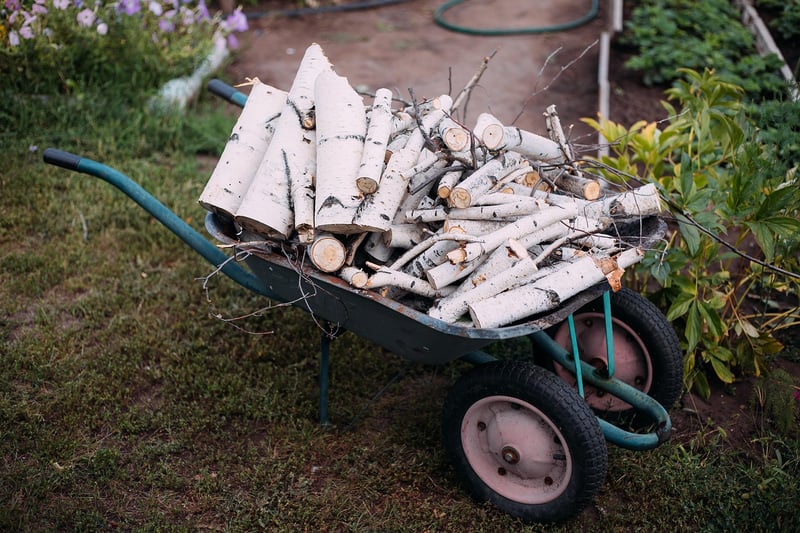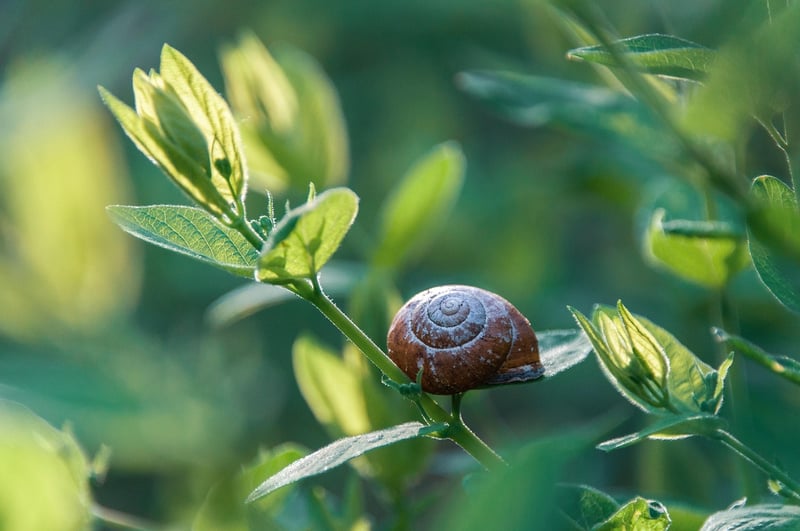Natural Pest Control
Dealing with Garden Pests: Natural Pest Control Methods
Gardening can be a rewarding and therapeutic activity, but dealing with garden pests can be a real challenge. Before reaching for chemical pesticides that can harm beneficial insects and the environment, consider using natural pest control methods to protect your plants and promote a healthy garden ecosystem.
Identifying Common Garden Pests
Before implementing pest control measures, it's essential to identify the common garden pests that may be causing damage to your plants. Some common garden pests include aphids, caterpillars, slugs, snails, and spider mites.
Natural Pest Control Methods
1. Beneficial Insects
Encourage beneficial insects like ladybugs, lacewings, and predatory wasps in your garden. These insects feed on common garden pests and help keep their populations in check.
2. Neem Oil
Neem oil is a natural insecticide that can effectively control a wide range of garden pests. Mix neem oil with water and a few drops of dish soap and spray it on affected plants.
3. Homemade Insecticidal Soap
You can make your own insecticidal soap by mixing liquid soap with water. Spray this solution on plants to control pests like aphids, spider mites, and whiteflies.
4. Diatomaceous Earth
Diatomaceous earth is a natural powder made from fossilized algae. Sprinkle it around plant stems to create a barrier that dehydrates and kills pests like slugs and snails.
5. Companion Planting
Planting certain flowers and herbs alongside your vegetables can help repel pests. For example, marigolds can deter aphids, and basil can repel mosquitoes and flies.
Conclusion
By incorporating natural pest control methods into your gardening routine, you can effectively manage garden pests while protecting beneficial insects and the environment. Remember to regularly monitor your plants for signs of pest damage and take prompt action to address any issues.

For more information on natural pest control methods, visit Gardening Know How.
